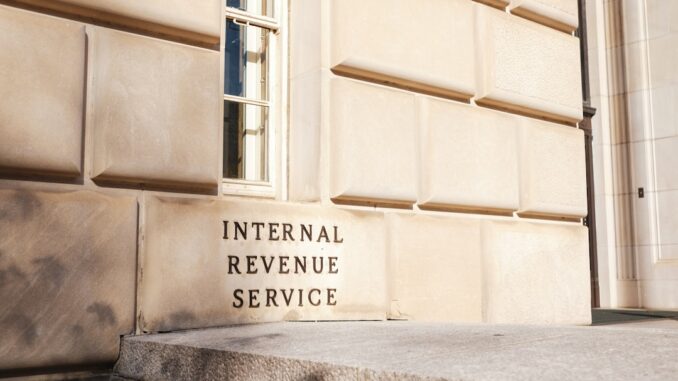
The Internal Revenue Service (IRS) has announced an extension of transitional relief for brokers involved in digital asset transactions, offering them additional time to comply with new reporting requirements. This extension, detailed in Notice 2025-33, applies to transactions occurring in 2025 and 2026, with specific provisions extending into 2027.
Background on Reporting Requirements
In 2024, the IRS finalized regulations mandating that brokers report digital asset sale and exchange transactions on Form 1099-DA, Digital Asset Proceeds From Broker Transactions. These regulations, effective for transactions on or after January 1, 2025, aim to enhance tax compliance within the digital asset sector. (irs.gov)
Details of the Extension
The recent extension provides several key reliefs:
- Backup Withholding Relief: Brokers are not required to perform backup withholding on digital asset transactions for the 2025 and 2026 calendar years. This relief is intended to alleviate immediate compliance challenges. (irs.gov)
Investor Identification, Introduction, and negotiation.
-
Extended Reporting Deadlines: The deadline for brokers to implement reporting systems has been extended, allowing them more time to develop and integrate the necessary infrastructure for compliance. (irs.gov)
-
Specific Provisions for 2027: For transactions in 2027, brokers are not required to backup withhold if they have obtained a certified taxpayer identification number (TIN) from the payee and have verified it through the IRS’s TIN Matching Program. This provision aims to streamline reporting processes for brokers who have established proper documentation. (irs.gov)
Industry Response
The digital asset industry has expressed appreciation for the IRS’s recognition of the challenges brokers face in implementing these reporting requirements. The extension is seen as a positive step toward ensuring that brokers have adequate time to develop compliant systems without compromising the quality of reporting. (irs.gov)
Implications for Brokers and Taxpayers
Brokers should utilize this extended period to enhance their reporting systems, ensuring they can meet the finalized requirements by the new deadlines. Taxpayers can expect more accurate and timely reporting of their digital asset transactions, which will aid in their tax preparation and compliance. The IRS has emphasized the importance of good faith efforts in meeting these obligations, indicating a collaborative approach to compliance. (irs.gov)
Looking Ahead
The IRS continues to monitor the implementation of these reporting requirements and remains open to feedback from the industry. Future guidance may be issued to address any remaining challenges and to ensure that the reporting framework evolves in line with the dynamic nature of the digital asset market. (irs.gov)
References


Be the first to comment